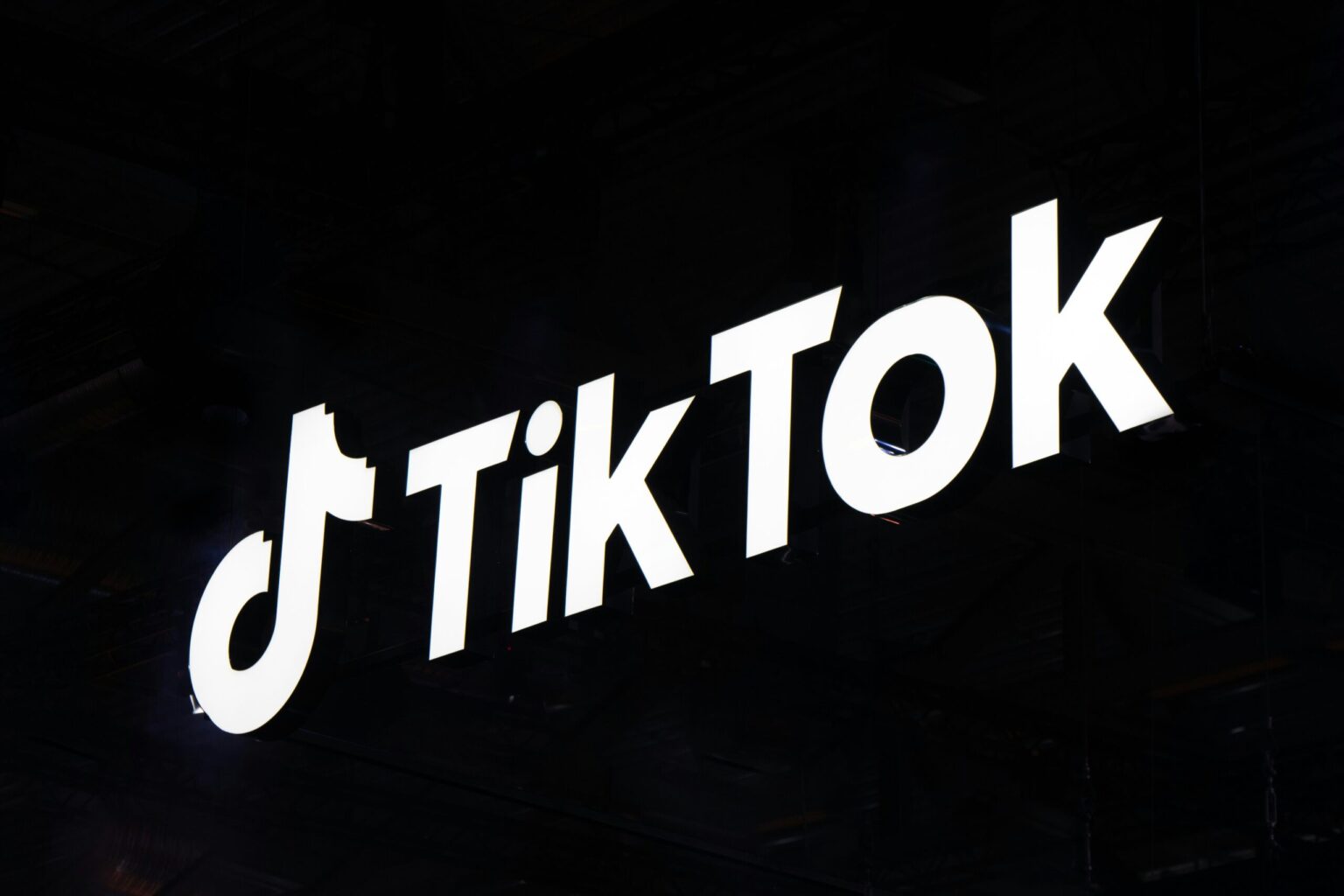ByteDance, the parent company of TikTok, is facing growing pressure from U.S. lawmakers to divest its American operations, as national security concerns over the app’s Chinese ownership intensify. TikTok, a social media platform with over 170 million U.S. users, has become a central figure in the ongoing debate about foreign influence in the American digital space.
Growing Bipartisan Support for Legislation
A bipartisan group of lawmakers is moving forward with a bill that could force ByteDance to sell its U.S. operations within six months or face a nationwide ban. The bill, backed by influential figures such as Representative Mike Gallagher and Representative Raja Krishnamoorthi, aims to address national security concerns related to TikTok’s data handling practices. If passed, the bill would grant the U.S. President the power to designate foreign-owned apps, like TikTok, as national security threats. This designation could lead to restrictions or a full ban if ByteDance does not comply with the divestment requirement.
Concerns Over Data Security and Foreign Influence
The push to force ByteDance to sell its U.S. operations is largely fueled by concerns about the app’s handling of sensitive American data. Despite ByteDance’s assurances that user data is stored securely in the United States and Singapore, many lawmakers and national security experts remain unconvinced. The app’s rapid growth among younger users, combined with reports of TikTok employees accessing the personal data of U.S. journalists in December 2022, has raised alarm bells about potential espionage or data misuse.
The U.S. federal government has already acted to ban TikTok from government-issued devices, and several states have followed suit. These actions highlight the growing unease about TikTok’s role in American digital life and the potential risks posed by foreign-owned tech companies.
ByteDance’s Response and the Political Landscape
ByteDance has consistently rejected the notion that its ties to the Chinese government pose a security threat. The company has emphasized that there is no evidence to suggest that user data has been misused for espionage purposes. However, the company’s stance has not alleviated concerns among U.S. lawmakers, who point to the broader risks posed by Chinese influence over American technology platforms.
ByteDance’s resistance to calls for divestment is rooted in its belief that selling TikTok would harm its operations in the U.S. and could set a dangerous precedent for foreign-owned businesses in the American market. The company has also suggested that the push for divestment is politically motivated, arguing that the claims about data security are based on unfounded fears rather than concrete evidence.
The Future of TikTok in the U.S.
The likelihood of the proposed bill passing seems high, given its bipartisan support. Both Republican and Democratic lawmakers are united in their concerns about Chinese influence in the U.S. digital sphere, making it increasingly likely that legislation targeting ByteDance and TikTok will gain traction in Congress. If the bill succeeds, it could force ByteDance into a difficult position, potentially leading to a forced sale or an eventual ban of TikTok in the U.S.
The debate over TikTok’s future in the U.S. is far from over. As the bill progresses through the legislative process, the conversation around national security, foreign influence, and the role of tech companies in the U.S. market will continue to evolve. ByteDance faces a critical decision point, and its ability to navigate this political pressure will determine TikTok’s future in the United States.
Conclusion: A High-Stakes Decision for ByteDance
ByteDance is at a pivotal moment as U.S. lawmakers push for significant changes to the ownership structure of TikTok’s U.S. operations. Whether the company can avoid a forced sale or ban remains uncertain, but national security concerns about the app are unlikely to dissipate anytime soon. The outcome of this legislative push will not only affect TikTok’s presence in the U.S. but could also have wider implications for the future of foreign-owned tech companies in the American market.
